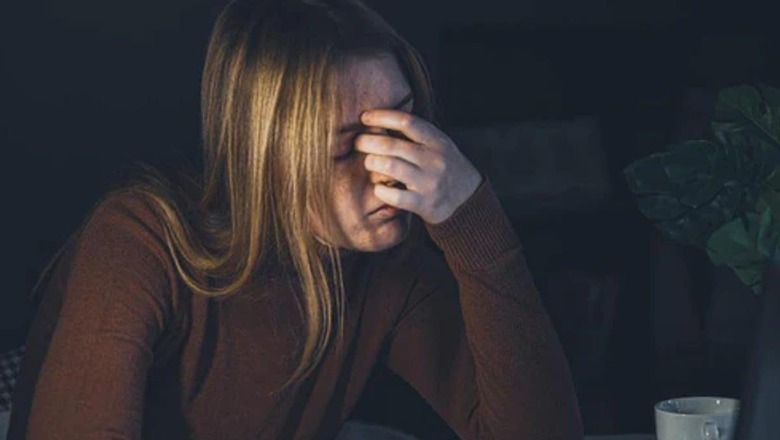
views
Anxiety is brought on by continual worry and fear of commonplace events. It may manifest as rapid breathing, sweating, and heart rate. Physical effects of anxiety. Anxiety disorders are prone to have an impact on the body. In light of this, therapist Anna Papaioannou says that anxiety may affect practically every system in your body, from head to toe. The sympathetic (fight-flight) response is what causes the physical consequences of anxiety. Your body enters a state of survival as a result, and it becomes ready to defend you from perceived threat.
Check out her post right here:
A post shared by Anna Papaioannou (@annatheanxietycoach)
Anna also listed a few bodily manifestations of anxiety:
- Digestive issues:When we experience anxiety, we frequently alter our dietary habits and way of life, which has an impact on our digestive systems. Additionally, sympathetic activity halts digestion, causing constipation, diarrhoea, and other difficulties with the stomach.
- Problems with sleep and concentration:Elevated stress hormone can disrupt sleep, which then causes activation to rise, creating a vicious cycle.
- Tension in head and the face:Increased stress hormones and postural adjustments cause tension in the head and face, which manifests as clenching of the jaws, tilting of the head, and teeth grinding.
- Changes in heart rate:An increased heart rate helps the body prepare for battle or run from danger situations by pushing more blood to the large muscle groups.
- Painful and tense muscles:People who are concerned hold their muscles for a long time. They are constantly getting ready for battle. As a result, the muscles become tense and weak, which causes discomfort.
Anna went on to say that You might even show bodily signs of anxiousness without even feeling nervous in your head. Long-term muscle relaxation and deep breathing are effective treatments for the anxiety problems that impair daily life and interfere with employment. A few techniques for preventing the physical effects of anxiety include imagery and actively avoiding agitating thoughts that may make us anxious.
What's your reaction?




















Comments
0 comment